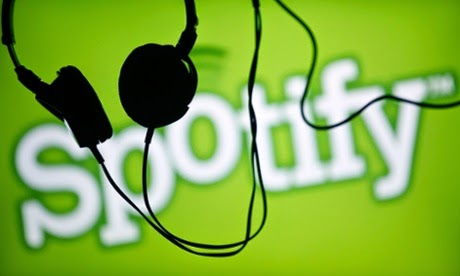BBC suspends CBI membership over its no campaign in Scottish referendum
http://www.theguardian.com/media/2014/apr/24/bbc-suspends-cbi-membership-no-campaign-scottish-referendum
The BBC has joined the exodus from the CBI after the employers' organisation registered as an official no campaign in the Scottish independence referendum. In a further blow to the CBI after more than a dozen high-profile resignations, the corporation said it was temporarily suspending its membership of the CBI to protect its neutrality, as complaints about its continued membership from independence campaigners mushroomed on Twitter.But the BBC said its suspension would only come into effect during the 16 weeks of the official referendum campaign period from 30 May to 18 September. Every other CBI member to have left, including the broadcaster STV, has done so with immediate effect. In a statement issued late on Thursday, it said: "In order to protect the BBC's neutrality, the CBI and the BBC have agreed to suspend the BBC's membership during the business group's registration period under the terms of the Scottish Referendums Act 2013."
The CBI, which has made clear it opposes independence and is now legally able to spend up to £150,000 to campaign for a no vote, issued exactly the same statement under the name of its director-general, John Cridland. The joint announcement was issued only a few hours after the BBC said it would review its membership "in our own time and on our own terms". BBC sources said the move was a corporate decision taken by executives in London. It was limited to the 16-week official campaign period because it had no material impact on the independence of the BBC's journalism, said one source. "It won't affect the way we report the referendum; it's all to do with perception, I think," he said.
A spokesman for the first minister of Scotland, Alex Salmond, said the BBC had "done the right thing". Asked about the much shorter period of its membership suspension, he said: "It's up to the BBC to decide exactly what the parameters are." But he added: "We're quite clear that publicly funded bodies have an obligation and in the case of the BBC, an overriding obligation, to be impartial and to be seen to be impartial."
None of the other 15 or more universities, public agencies and businesses that have so far left the CBI either to protect their neutrality or in protest at its support for the no campaign have delayed their departures. In the days since it emerged last Friday that the CBI had registered as a no campaigner after taking legal advice and formal approaches from the Electoral Commission, eight universities including Edinburgh, Glasgow, Aberdeen and Strathclyde have quit to protect their neutrality. But two, Dundee and Edinburgh, have said they would likely rejoin after the referendum. And after initialling insisting it valued its CBI membership too highly to quit, Robert Gordon University in Aberdeen said on Thursday it too had left but only "for the time being". However, the independent broadcaster ITV, which does not air its main Channel 3 services in Scotland, where that licence is owned by STV, said it had no plans to resign. It said: "We remain entirely impartial on the debate over Scottish independence and our coverage of the issue will, as always, be completely fair and balanced."


